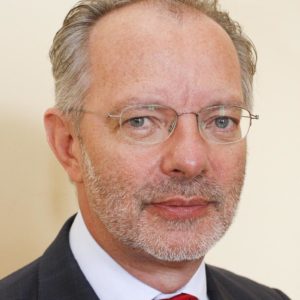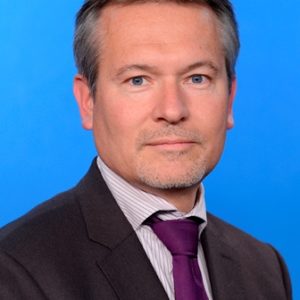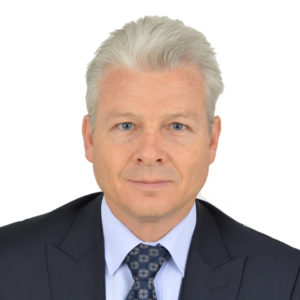Urban and Spatial Planning and Design
Special Sessions Venue: R1-Cine Alfredo Pareja- United Nations Human Settlements Programme (UN-Habitat).
- United Nations Office for Project Services (UNOPS),
- United Nations Office for Disaster Risk Reduction (UNISDR),
- United Nations Educational, Scientific and Cultural Organization (UNESCO),
- Convention on Biological Diversity (CBD).
- Cezar Busatto Secretary For Local Governance Municipality Of Porto Alegre Brazil

- Ellen Hamilton Lead Urban Specialist World Bank United States of America

- Gautier Mignot Deputy Director General For Global Affairs Culture Education And International Development National Government France

- Herman Pieenar Director: City Transformation And Spatial Planning City Of Johannesburg South Africa

- Raf Tuts Director Programme Division UN-Habitat Belgium

The New Urban Agenda recognizes Urban and Spatial Planning strategies as having the power to positively transform cities and promote economic growth, social development, and environmental sustainability and resilience. The International Guidelines on Urban and Territorial Planning, approved by the UN Habitat Governing Council Resolution 25/6 in 2015, promote twelve global principles on urban planning. Furthermore, research and practice demonstrate the benefits of well-planned and designed urban patterns, densities, and urban extensions. From the economic perspective, urban planning fostering land value increases and improves productivity, generating capital gains which can be captured and shared as public revenue and investment. Socially, urban and spatial planning has a profound impact in shaping more integrated and equal cities and fairer distribution of resources amongst different social groups. From a political perspective, the existence of a clear vision and inter-sectorial integration of planning generates positive dynamics that city leaders and government officials can leverage to achieve development goals.
While the positive impacts of urban and spatial planning are widely accepted, the main challenges arise in the transition of principles into strategies and plans.. Materializing sustainable principles in cities is the challenge of the New Urban Agenda’s implementation, and while a wide range of tools are available to support principles of sustainable development, specific transformative tools need to also be identified.
The Special Session will focus on the strategic means of implementation to address the issues in the preparation, implementation, and monitoring of urban and spatial strategies. The session will focus on analyzing critical tools, including the International Guidelines on Urban and Territorial Planning and the Urban Planning Lab approach, and their contribution to the translation of planning principles into a reality. In particular, three transformative elements will be explored:
· The relevance of the tools for the operationalization of effective spatial patterns, for example the reversal of the car-centric planning models and land consumption trends, social segregation and creation of adequate public space, and more mixed and compact communities. Addressing these issues requires a comprehensive approach, across all sectors and administrative boundaries, flexibility of planning frameworks, inclusivity and equity, and specific planning solutions, such as Planned City Extensions and Infills.
· Governance frameworks as the structuring element of decision making processes establish the rules of the game as well as the rights and obligations of the parties involved. Governance frameworks should articulate the legal, political, economic, financial, and social dimensions of the city, provide participatory and collaborative platforms, and support innovative financing for implementation.
· Capacity development of governments, institutions, and human resources at the different levels of planning to articulate decision-making processes that are responsive to community needs and integrated national planning frameworks. The New Urban Agenda recognises a variety of means through which the capacities of various stakeholders can be strengthened. These can include innovative forms of peer-to-peer learning, south-to south collaborations, collaborative actions, such as inter-municipal cooperation on a global, regional, national, sub-national, and local scale, including the establishment of practitioner networks for innovative learning by supporting the co-production of urban and spatial strategies.
Guiding Questions
· Which spatial issues need to be addressed and what challenges do they pose?
· How can spatial planning frameworks be adjusted and improved?
· What are possible challenges that will be met in the process?
· What can be done at local level?
